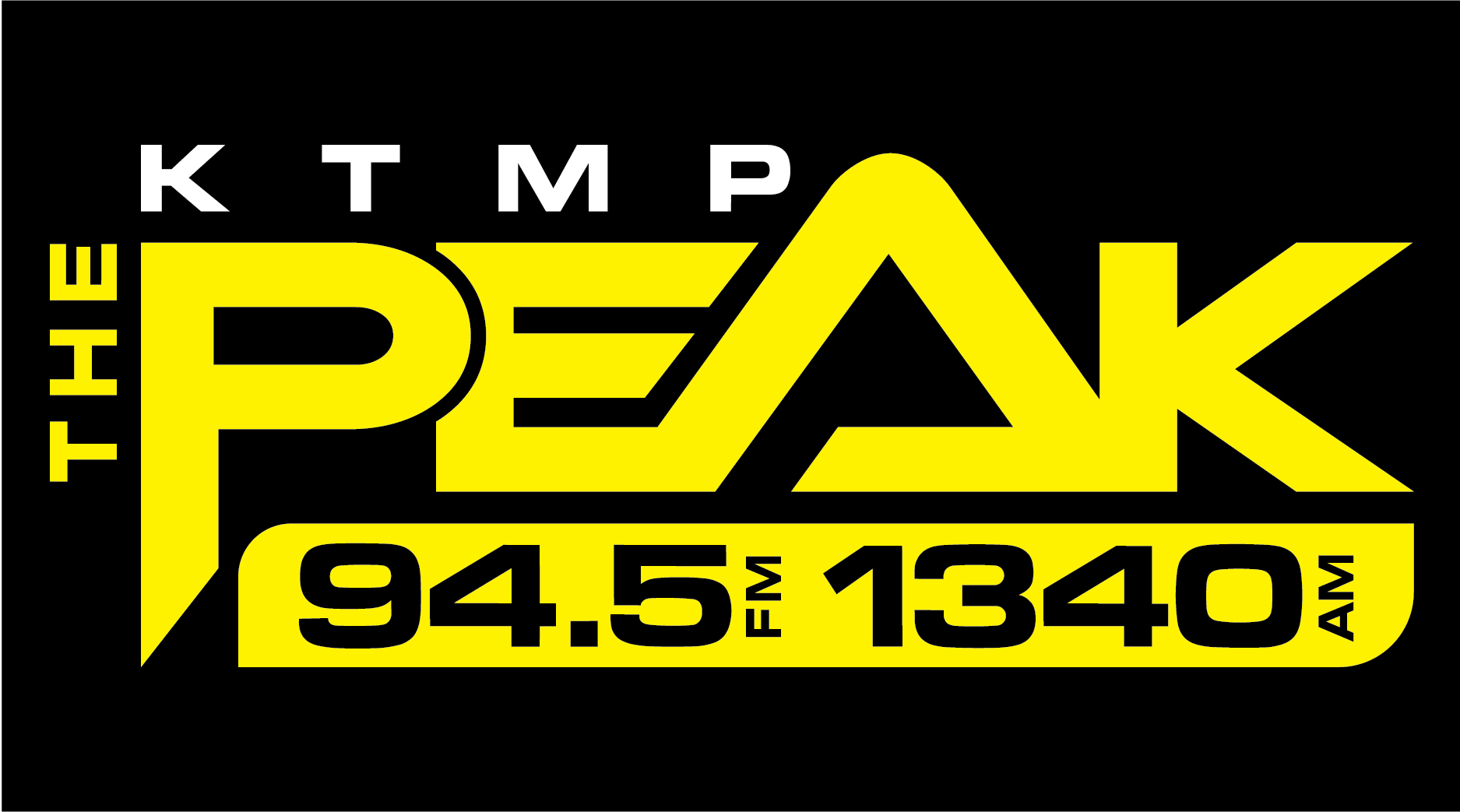WASHINGTON (AP) — About two-thirds of Church of Jesus Christ of Latter-Day Saints voters nationwide favored Republicans in the midterm elections, but President Donald Trump’s approval rating among members of the faith lagged behind, according to a nationwide survey of midterm voters.
And as Republican Sen. Mitt Romney prepares to join the new Congress in January, most voters in Utah — 64 percent — would like to see the senator confront the president, AP VoteCast found. About half of Romney’s supporters — including his Church of Jesus Christ of Latter-Day Saints supporters — said they would like to see the former Massachusetts governor stand up to Trump, while about as many indicated the senator should support Trump if elected.
The new data reaffirms Trump’s struggle to gain widespread acceptance among members of the Church of Jesus Christ of Latter-Day Saints despite the faith’s deep-rooted conservative leanings.
Voters of other religious faiths such as evangelical Christians and Catholics are more consistent in their ratings of the president and vote choice. Across most other religious affiliations, about the same share voted for Republican candidates as said they approve of the president.
That’s not the case with members of the Church of Jesus Christ of Latter-Day Saints 67 percent voted for Republicans, but 56 percent said they approve of the way Trump is handling his job as president. That’s according to an analysis of 1,528 Church of Jesus Christ of Latter-Day Saints voters based on data from VoteCast, a survey of more than 115,000 voters nationwide conducted for The Associated Press by NORC at the University of Chicago. The data offers an unusual level of detail about the voting decisions of a sometimes misunderstood religion.
Among Church of Jesus Christ of Latter-Day Saints’ members in Utah who vote , 76 percent preferred Republican congressional candidates, but only 56 percent said they approved of Trump.
By comparison, 8 in 10 white evangelical Christians nationwide voted for Republican candidates, and nearly as many (79 percent) said they approve of Trump. Among Catholics, nearly half voted for Republican candidates and said they approve of Trump (49 percent each).
Nationally, 45 percent of voters said they approve of the way Trump is handling his job as president, while 55 percent disapprove.
Among Republican voters nationwide, 85 percent said they approve of the way Trump is handling his job as president.
Trump has struggled since he was a presidential candidate to gain acceptance among members of the Church of Jesus Christ of Latter-Day Saints and in Utah, where the mostly Church of Jesus Christ of Latter-Dy Saints electorate has long been uncomfortable with his brash style and his comments about women and immigrants. He won the deep-red state in the 2016 election, but many conservative voters cast ballots instead for third-party candidate Evan McMullin as Trump earned the lowest percentage of the vote among GOP presidential candidates since 1992.
Members of the religion, which forbids its members from using alcohol or tobacco and teaches that gay marriage and homosexual relationships are a sin, place a high value on manners, amiability and public diplomacy. The Church of Jesus Christ of Latter-day Saints is a Utah-based faith that counts 6.6 million members in the United States.
According to VoteCast, a majority of members of the Church of Jesus Christ of Latter-Day Saints said Trump does not have the right temperament to serve effectively as president (58 percent), while just about 4 in 10 (42 percent) said he does. Forty-six percent of members of the faith said the president is honest and trustworthy.
Support for Trump among members of the Church of Jesus Christ of Latter-Day Saints nationally was slightly lower among more educated members of the faith. College-educated believers in the faith were far more likely to vote for Republican candidates than to express approval of the president (73 percent versus 51 percent), while there is no significant gap among members without a college degree (63 percent voted for Republicans, and 60 percent approve of Trump).
By contrast, Romney is widely revered in Utah for being a high-profile member of the Church of Jesus Christ of Latter-Day Saints in America and for his work in turning around Salt Lake City’s 2002 Winter Olympics after a bribery scandal.
Romney captured 63 percent of the vote to win the U.S. Senate seat vacated by retiring Republican Orrin Hatch, also a member of the Church of Jesus Christ of Latter-Day Saints. VoteCast showed about 8 in 10 voters belonging to the faith in Utah backed Romney (83 percent).
Romney called Trump a “phony” and “con man” during the 2016 presidential race, but their relationship has since thawed. Trump backed Romney for the Senate seat, and Romney has avoided attacking Trump, instead vowing to work with the president on issues they agree on and voice his disagreements when they don’t. Just last week, Romney pushed back against Trump’s comments on Saudi Arabia, saying they are “inconsistent” with U.S. foreign policy.
Nearly two-thirds of Utah voters said they would like to see Romney continue to stand up to Trump (64 percent), compared with fewer who would like to see him support Trump (36 percent). Romney voters were divided: Half said they would want him to stand up to Trump, and half preferred he support Trump. Romney’s Church of Jesus Christ of Latter-Day Saints supporters, in particular, were also equally divided on whether he should stand up to Trump or support him.
While the state’s two U.S. senators and three of four of its U.S House members are Republican, Democrat Ben McAdams did unseat incumbent Republican Rep. Mia Love to flip the seat and become the first Democrat among Utah’s congressional delegation since 2014.
McAdams pitches himself to voters as a moderate, and not a typical Democrat, in a district that includes many Salt Lake City suburbs. He was among 16 Democrats who signed a letter vowing not to vote for Nancy Pelosi for House speaker.
VoteCast also illustrated members of the faith’s preference for a mix of compassion and toughness on immigration.
Just about half of voters belonging to the faith said they approve of the president on his handling of immigration (52 percent) and border security (54 percent). More say immigrants do more to help the country (55 percent) than hurt the country (41 percent). Nearly 7 in 10 voters in the faith— similar to the share of voters overall — also said immigrants should be offered a chance to apply for legal status, compared with about 3 in 10 saying they should be deported. Still, 54 percent of members of the faith were in favor of the U.S.-Mexico border wall.
Hundreds of thousands of members of the Church have served proselytizing missions around the world, making them more sensitive to Trump’s hard-line stances than other Republicans.








